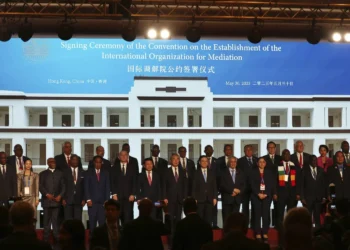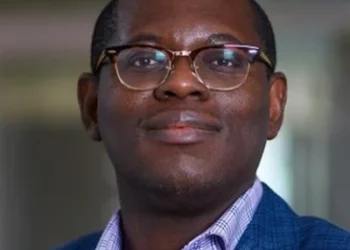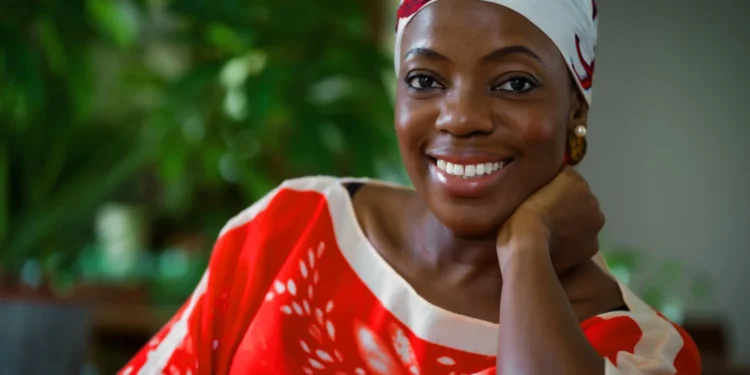A petition has been submitted to President John Mahama, urging him to exercise his constitutional powers under Article 72 of the 1992 Constitution to grant a presidential pardon to William Ato Essien, the founder of the defunct Capital Bank.
The plea, signed by legal practitioner Andrew Appiah-Danquah Esq., argues that Essien’s conviction and imprisonment raise concerns about fairness, justice, and the credibility of Ghana’s legal system.
The petition highlighted Essien’s contributions to Ghana’s financial sector, stating that he established First Capital Plus, which later became Capital Bank.
Through his leadership, the bank created thousands of jobs, empowered local businesses, and proved that Ghanaian-owned enterprises could thrive in a competitive industry.
“His leadership and innovation provided thousands of jobs, supported local businesses, and empowered Ghanaian entrepreneurs, proving that local enterprises could thrive in a competitive financial sector.”
Petition for Presidential Pardon
However, the petition contended that Capital Bank’s collapse in 2017 was not due to fraudulent activities but rather a politically motivated effort to consolidate financial power.
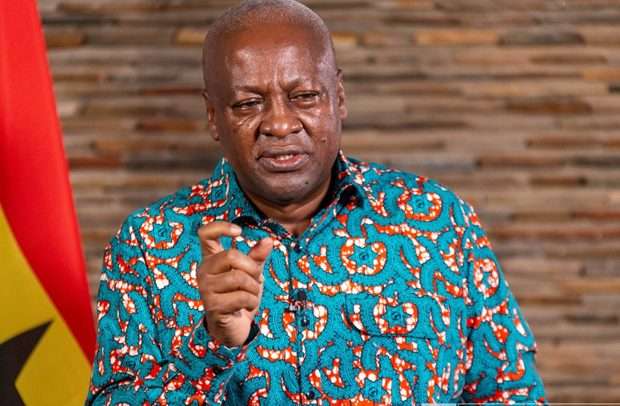
It claimed that Essien’s refusal to relinquish control to powerful political interests ultimately led to the bank’s downfall.
Central to the case is the GH₵ 620 million liquidity support provided by the Bank of Ghana to Capital Bank.
Accordingly, the petition argued that this was not a handout but a standard commercial loan aimed at stabilizing the bank.
According to the petition, Capital Bank had already repaid GH₵ 336 million in interest over two years, proving it was a legitimate banking transaction.
“The GH₵ 480 million described as a ‘shareholder loan’ was not stolen but rather a strategic restructuring of non-performing loans accumulated over 14 years,” the petition clarified, noting that such restructuring is a common financial practice and should not be misconstrued as fraud.
Selective Justice? Acquittals Contradict Essien’s Conviction
One of the key arguments in the petition is that Essien’s conviction contradicts the court’s acquittal of three co-accused individuals: Dr. Tetteh Nettey, Rev. Fitzgerald Odonkor, and Kate Quartey-Papafio.
The court determined that the GH₵ 70 million transaction involving Kate Quartey-Papafio was fully accounted for, the GH₵ 130 million linked to Dr. Tetteh Nettey was legitimate, and the GH₵ 27.5 million transaction involving Rev. Fitzgerald Odonkor was authorized.
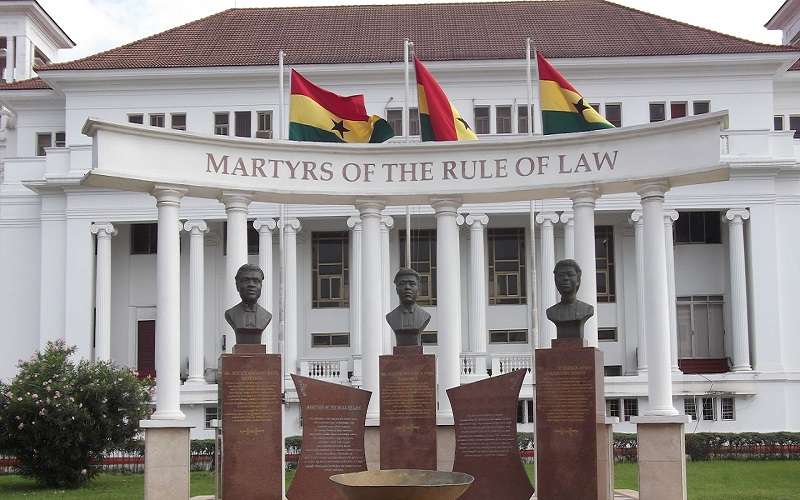
In light of these rulings, the petition raised concerns about why Essien remains imprisoned, questioning the basis of his incarceration if these transactions have been deemed legitimate.
The petition also claimed that Essien was pressured into accepting an unfair plea bargain to avoid a prolonged trial.
As part of the agreement, he committed to repaying GH₵ 90 million—an amount significantly higher than the alleged financial loss.
So far, Essien has paid GH₵ 43.75 million, yet he remains incarcerated. The petition argues that this situation is unjust, stating: “It is unjust that a man who has gone beyond the terms of restitution continues to be imprisoned.”
Justice, Rule of Law, and National Progress
Accordingly, the petition framed the call for Essien’s release as a test of Ghana’s commitment to justice, fairness, and the rule of law.
It stated that Ghana must ensure justice is not weaponized against individuals who refuse to conform to political interests.

Additionally, the petition highlights the broader economic implications, arguing that reintegrating Essien into society would allow him to contribute meaningfully to Ghana’s economic recovery.
“Mr. Essien, if reintegrated into society, can contribute meaningfully to Ghana’s economic recovery and growth. Extending clemency to him will be a symbol of national unity, reconciliation, and fairness.”
Petition for Presidential Pardon
As President Mahama embarks on his Reset Agenda, the petition asserted that addressing injustices like Essien’s imprisonment must be a priority.
It argued that failing to correct past injustices would undermine the credibility of Mahama’s vision for a renewed Ghana. “If this new era is truly about rebuilding Ghana on the foundations of fairness, integrity, and justice, then it must begin with righting the wrongs of the past.”
The petition concluded with a powerful appeal to the president’s sense of justice, urging him to act decisively. “Your Excellency, history is watching. The people of Ghana are watching. The time to act is now.”
READ ALSO: Burna Boy Trends Over ‘Sex-For-Lambo’ Allegations




